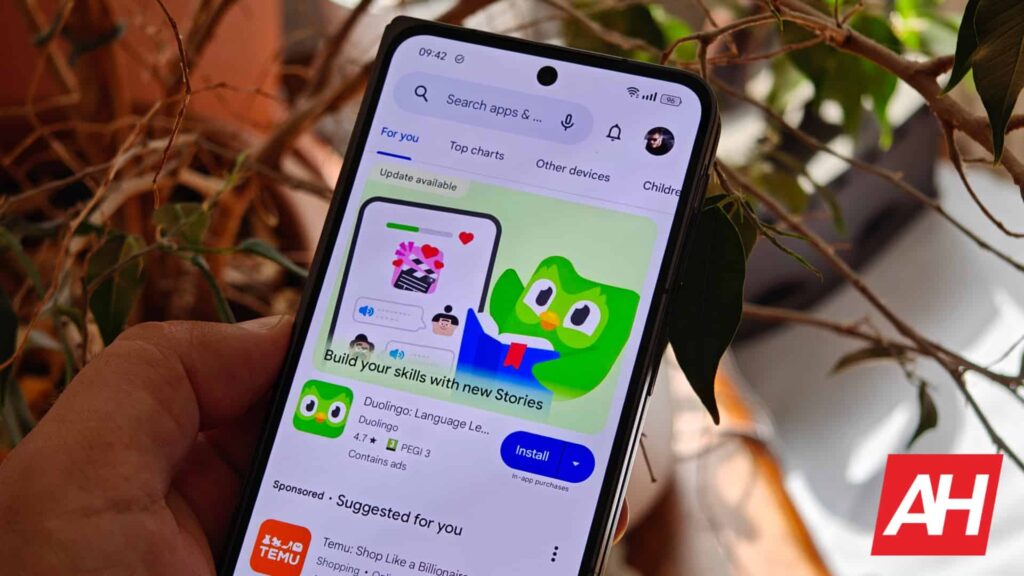Google is preparing a significant overhaul of how users download apps outside of the Google Play Store. As part of a legal settlement with Epic Games, the company will introduce support for “Registered App Stores” starting with Android 17. This will make it dramatically easier to install competing marketplaces on Android devices.
The goal of the change is clear and simple. The firm aims to reduce the friction and security warnings that currently make installing third-party app stores a cumbersome, multi-step process.
Installing rival app stores on Android 17 will be a simple, single-tap process
Under the forthcoming changes, any third-party store that receives Google’s certification as a “Registered App Store” will gain access to a unified, streamlined installation method. When a user taps a “Download” button on a certified store’s website, Android 17 will initiate a “single store install screen.”
This new screen will provide clear, neutral information, like informing the user that the store is registered. It also explains that granting permission allows the store to install and manage other applications on the device. If the user agrees to the installation, the new app store automatically gains the necessary permissions to install subsequent apps. This eliminates the need for users to manually navigate through security settings to enable sideloading.
Source: Android Authority
Furthermore, Google has agreed to contractual obligations that prohibit hardware partners (OEMs) from adding their own restrictive warning screens or barriers that would complicate this single-tap flow (as noted by Android Authority). This ensures a consistent and easy experience across all Android devices running the new software.
The Epic Games agreement
This big change to Android is a direct result of the Epic v. Google legal dispute. Although Google is making the system more open for rival app stores generally, the settlement specifically stipulates a few key points regarding Epic. Basically, Epic Games will not bring the full Epic Games Store to the Google Play Store. However, Epic retains the right to list individual games, such as Fortnite, on the Google Play Store if they choose to do so.
The agreement also mandates a cease-fire between the two tech giants regarding past business practices. This effectively shifts Epic’s focus entirely toward addressing the closed ecosystem of the Apple App Store.
Google is slated to deliver the core Android changes supporting Registered App Stores by the end of 2026. The improvement is likely to be part of the initial release of Android 17.

